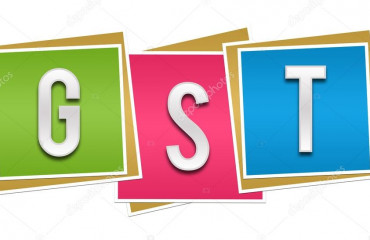
- 22 Aug 2025 06:28 PM
- New
Hero MotoCorp shares jump over 17% in August, post biggest monthly gain in nearly two years. Time to buy?
Hero MotoCorp shares fell 2% to ₹4,997.90 on August 22 as investors took profits after a strong rally. The stock gained 17.6% over 16 sessions, aided by positive quarterly results and potential GST cuts. Analysts expect that the stock could reach ₹5400 in the short term.
Read More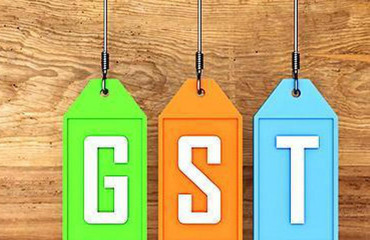
- 22 Aug 2025 06:20 PM
- New
Nifty Auto up 5% in one week on GST cut hopes; M&M, Maruti among stocks poised for gains, says Nomura
The Auto index surged over 5% this week on hopes of a GST cut for small cars and two-wheeler ICE vehicles, potentially boosting demand and benefiting companies like Mahindra, Maruti, and TVS Motor. Nomura projects significant price reductions and sales increases if tax cuts materialize.
Read More
- 22 Aug 2025 06:23 PM
- New
Beware! Indian Inc faces biggest earnings downgrade in Asia as Trump tariff tantrum threatens growth
Indian companies have seen the steepest earnings downgrades in Asia, with analysts slashing forecasts as steep U.S. tariffs heighten risks to growth even if proposed domestic tax cuts help cushion the impact.
Read More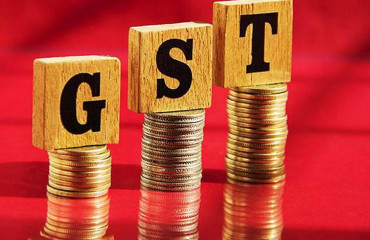
- 22 Aug 2025 06:13 PM
Trump tariff deadline looms: How should you position your stock portfolio? Experts weigh in
Indian equity markets showed mixed performance in August 2025, recovering after six weeks of declines due to positive factors like easing CPI inflation and geopolitical optimism. However, challenges remain with significant FII outflows and impending US tariffs impacting export-heavy sectors.
Read More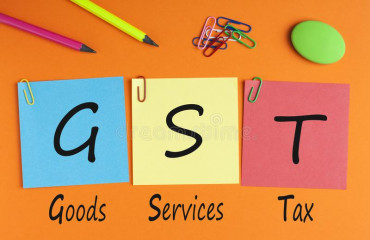
- 22 Aug 2025 06:08 PM
Ministers greenlight two-rate GST, tax relief likely on a range of items
A range of goods from cars to kitchenware may turn cheaper in the near future, with a top panel of state ministers greenlighting a proposal to simplify India's indirect tax system. A ministerial panel formed by the Goods and Services Tax (GST) Council endorsed the Centre's proposal for a simplified tax structure on Thursday, setting the stage for its rollout before the coming festive season.
Read More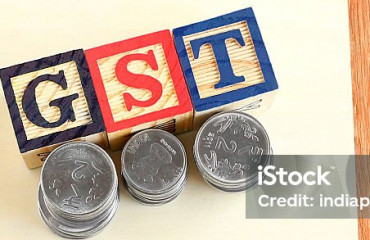
- 21 Aug 2025 06:27 PM
Ministerial group in favour of removing GST on health, life insurance
New Delhi: In a significant move aimed at bolstering financial security for citizens in healthcare, a ministerial group appointed by the Goods and Services Tax (GST) Council on Wednesday was broadly in favour of exempting health and life insurance premiums from the 18% tax it is subjected to, according to ministers who attended the meeting.
Read More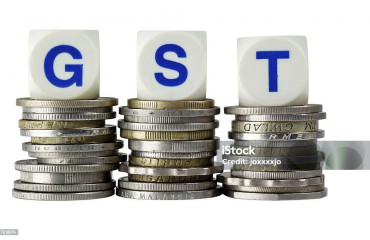
- 21 Aug 2025 06:37 PM
Viksit path: India needs next-gen reforms to navigate a world of uncertainties
Today’s global economic landscape is characterized by geopolitical uncertainties, slowing growth, fragmented supply chains, volatile financial markets and relentless technological change. India has demonstrated strong economic resilience in times of crises, turning them into opportunities through reforms. On Monday, Prime Minister Narendra Modi chaired a high-level meeting to discuss the roadmap for India’s next-generation reforms.
Read More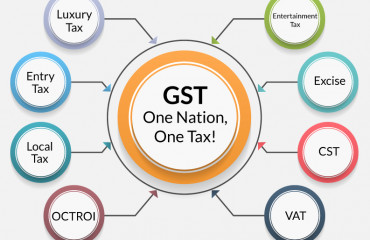
- 21 Aug 2025 06:39 PM
GST rejig: Group of Ministers accepts Centre's rate rationalisation proposal to scrap 12% and 28% slabs
GST rejig: Group of Ministers accepts the Centre's rate rationalisation proposal, which includes consolidating the slabs into two — 5 per cent and 18 per cent, and scrapping the 12 per cent and 28 per cent slab rates.
Read More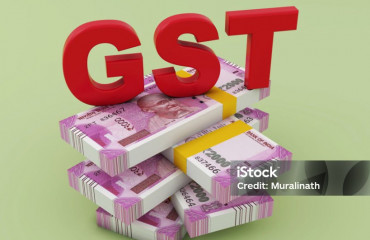
- 21 Aug 2025 06:29 PM
GST reforms: SBI Life, HDFC Life to LIC - Insurance stocks rally on reports of GoM proposal to exempt taxes on premiums
GST GoM Convenor and Bihar Deputy CM Samrat Choudhary on Wednesday announced that the GoM has decided to back the Centre’s recommendation to fully exempt the Individual Life and Health Insurance policy from GST, which is currently 18%.
Read More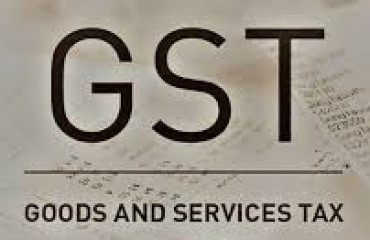
- 21 Aug 2025 06:42 PM
Expert view: Indian stock market may remain rangebound with opportunities in niche areas, says Trivesh D of Tradejini
As the Indian stock market grapples with high valuations and stagnant earnings, expert Trivesh D of Tradejini highlights sectors poised for growth amid the uncertainty. With GST reforms in play and a focus on niche opportunities, investors must stay vigilant in this evolving landscape.
Read More